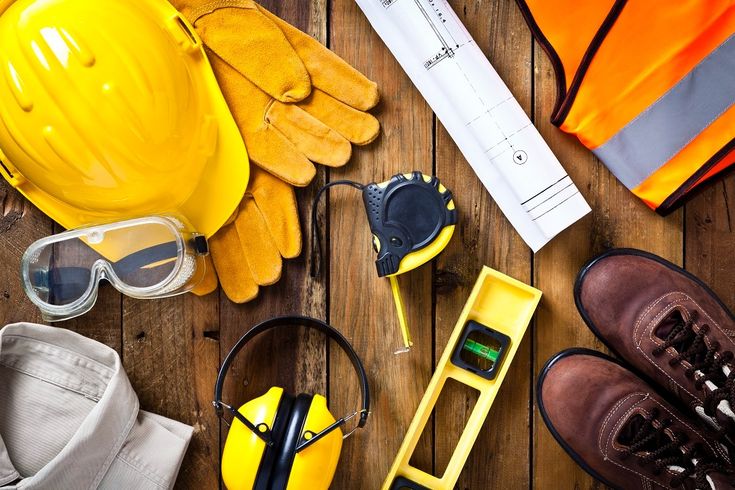Safety First: Best Practices for Handling Petroleum Products
Handling petroleum products, such as petrol, diesel, and LPG, requires stringent safety measures to prevent accidents, environmental damage, and health hazards. Whether you’re a professional in the oil industry, a business owner, or an individual user, adhering to best practices ensures the safety of everyone involved. This guide outlines essential safety practices for handling petroleum products in Nigeria.
Understanding the Risks
Petroleum products are highly flammable and can pose serious risks, including:
- Fire and Explosions: Petroleum vapors can ignite easily, causing fires or explosions.
- Health Hazards: Prolonged exposure to petroleum vapors can lead to respiratory issues, skin irritation, and other health problems.
- Environmental Damage: Spills and leaks can contaminate soil and water, harming wildlife and ecosystems.
General Safety Guidelines
- Proper Storage
- Store petroleum products in approved containers that are clearly labeled and designed to prevent leaks.
- Keep storage areas well-ventilated to prevent the buildup of flammable vapors.
- Store containers in a cool, dry place away from direct sunlight and heat sources.
- Handling with Care
- Always use appropriate personal protective equipment (PPE) such as gloves, safety goggles, and protective clothing when handling petroleum products.
- Avoid smoking or using open flames near petroleum products.
- Use tools and equipment that are specifically designed for use with flammable materials to avoid sparks.
- Transportation Safety
- Ensure that vehicles transporting petroleum products are equipped with fire extinguishers and spill kits.
- Secure containers properly to prevent movement and potential spills during transportation.
- Follow all local regulations and guidelines for transporting hazardous materials.
- Emergency Preparedness
- Have a well-defined emergency response plan in place, including procedures for dealing with spills, fires, and other accidents.
- Train all personnel in emergency response techniques and the use of safety equipment.
- Ensure that emergency contact numbers are readily available.
Specific Practices for Different Petroleum Products
- Handling Petrol (PMS)
- Use only approved containers for storing petrol and keep them tightly sealed when not in use.
- Avoid filling containers to the top; leave some space for vapor expansion.
- Be cautious of static electricity; discharge any static by touching a metal surface before handling petrol.
- Handling Diesel (AGO)
- Diesel is less volatile than petrol but still requires careful handling to prevent leaks and spills.
- Regularly inspect storage tanks and containers for signs of corrosion or damage.
- Use proper funnels and pumps when transferring diesel to minimize spills.
- Handling Liquefied Petroleum Gas (LPG)
- Store LPG cylinders in an upright position and secure them to prevent tipping.
- Check for leaks regularly using soapy water; bubbles indicate a leak.
- Ensure that LPG installations and appliances are performed by qualified professionals.
Environmental Considerations
- Spill Prevention and Control
- Use spill containment systems such as drip trays and absorbent materials in storage and dispensing areas.
- Immediately clean up any spills using appropriate spill control materials and dispose of them according to local regulations.
- Regularly inspect and maintain storage tanks and equipment to prevent leaks.
- Waste Management
- Dispose of petroleum waste and contaminated materials through licensed hazardous waste disposal services.
- Avoid disposing of petroleum products in regular trash or down drains as this can lead to environmental contamination.
Conclusion
Handling petroleum products safely is paramount to preventing accidents, health risks, and environmental damage. By following these best practices, you can ensure the safety of yourself, your employees, and the environment. At Hydropet Oil Services Limited, we are committed to promoting safety in all aspects of our operations.





